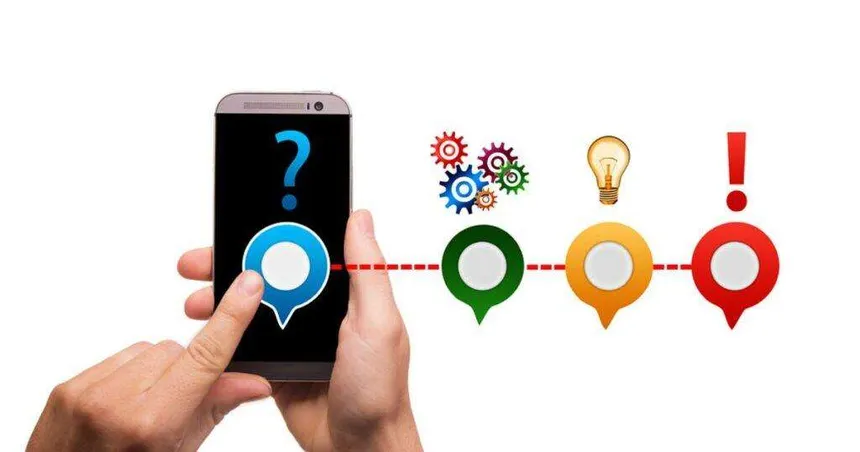In recent years, AI voice assistants like Siri, Alexa, and Google Assistant have become a crucial part of everyday life. These smart technologies are changing the way we communicate, access information, and complete tasks. But how exactly are they impacting communication and accessibility? Let’s dive deep into how AI-voice assistants are transforming our world.
How AI Voice Assistants Are Changing Communication
1. Making Conversations More Efficient
AI voice assistants allow users to interact with technology in a conversational way. Instead of typing long searches or manually setting reminders, people can simply speak and get instant responses.
- Quick responses to queries
- Hands-free texting and calling
- Faster information retrieval

2. Bridging Language Barriers
One of the biggest advantages of AI-voice assistants is their ability to translate languages in real time. This feature helps individuals communicate better across different languages.
- Instant translation of conversations
- Real-time subtitles for videos and meetings
- Voice-to-text language conversion
3. Enhancing Business Communication
Companies are increasingly using AI-voice assistants to improve efficiency and customer service.
- Automated customer support via chatbots and voice bots
- AI-powered virtual receptionists
- Improved voice search for businesses
The Role of AI Voice Assistants in Accessibility
1. Helping Visually Impaired Individuals
For people with vision impairments, AI voice assistants provide greater independence.
- Reading out texts, emails, and web pages
- Describing surroundings and objects
- Navigating GPS without looking at screens
2. Assisting People With Physical Disabilities
AI voice technology enables those with mobility challenges to control devices without physical effort.
- Smart home control (lights, fans, doors, etc.)
- Hands-free calling and texting
- Voice-activated shopping and banking

3. Supporting Senior Citizens
Elderly individuals often struggle with modern technology, but AI voice assistants simplify tasks.
- Medication and appointment reminders
- Emergency call activation
- Entertainment (news, music, audiobooks, etc.)
Challenges and Concerns With AI Voice Assistants
1. Privacy and Security Issues
Many users are concerned about voice assistants recording conversations and storing personal data.
- Risk of data breaches and hacking
- Collection of sensitive information
- Misuse of recorded conversations
2. Dependence on Technology
Over-reliance on AI voice assistants can reduce human-to-human interaction.
- Decreased problem-solving skills
- Less face-to-face communication
- Over-dependence on automation
3. Accuracy and Misinterpretation
AI still struggles with understanding complex commands or different accents.
- Errors in recognizing speech
- Difficulty understanding cultural nuances
- Misinterpretation leading to wrong responses
The Future of AI Voice Assistants
With rapid advancements in artificial intelligence, AI voice assistants are expected to become even more powerful in the coming years.
1. Smarter AI With Emotional Intelligence
- AI assistants may soon recognize emotions and respond accordingly.
- More human-like conversations and personalized responses.

2. Better Multilingual Capabilities
- Improved real-time translation features.
- Support for a wider range of languages and dialects.
3. Greater Integration With Smart Devices
- AI voice assistants will be more connected to IoT (Internet of Things) devices.
- Voice control over cars, appliances, and even healthcare monitoring systems.
Conclusion
AI voice assistants are revolutionizing communication and accessibility in ways we never imagined. While they offer incredible benefits, such as faster communication and increased accessibility, they also come with challenges like privacy concerns and dependence on technology. As AI continues to evolve, it’s crucial to find a balance between innovation and ethical considerations.
With their growing capabilities, AI voice assistants will continue to reshape how we interact with technology, making life easier for millions worldwide. These assistants will not only refine the way we perform daily tasks but also introduce newer, more interactive ways to engage with devices. They could soon become indispensable in sectors like healthcare, education, and customer service, providing round-the-clock assistance and personalized experiences. The question is—are we ready for the next wave of AI-powered communication, and how can we ensure that these advancements benefit society while mitigating risks??
The Science Behind Personalized Medicine and Genetic Testing






